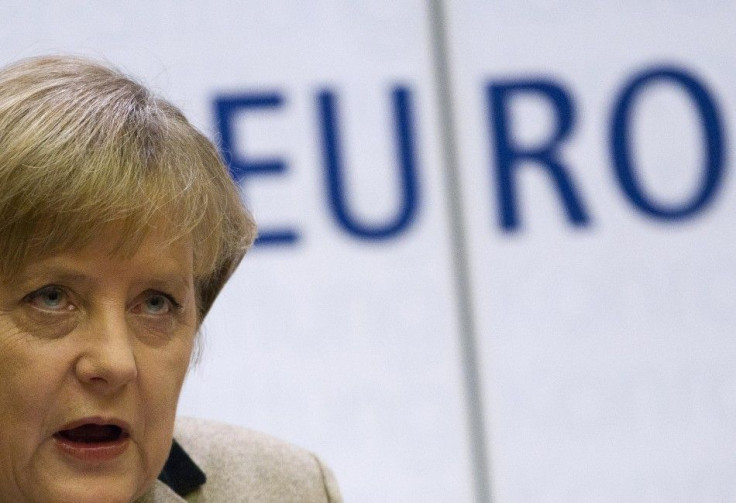50-50 Chance Of Euro Zone Split: Analyst

There is a 50-50 chance the euro zone will split by the end of the year between the financially sound countries and economically weaker ones, the Economic Outlook Group said Friday.
A division of the euro area, which has been struggling for three years with a sovereign debt crisis, is an outcome that could result if members of the monetary union do not surrender some of their economic sovereignty, according to Bernard Baumohl, chief global economist at the Princeton, N.J.-based economic analytics and forecasting organization.
Giving up some sovereignty is inevitable, Baumohl said. If the EU (European Union) is not more flexible with Greece in terms of its austerity measures, it will perpetuate economic depression in the country, which will then have to leave the euro zone. And Greece's exit leaves the door open for other countries to leave too, he added.
In addition to surrendering some economic sovereignty, struggling euro zone nations must combine stimulus and austerity.
They should adopt austerity programs in gradual steps over a longer period of time and pursue policy stimulus measures instead, Baumohl said.
The ECB (European Central Bank) is going to have to play a bigger role in overseeing the banking system and providing countries a reasonable timetable to implement austerity measures and growth reforms.
© Copyright IBTimes 2025. All rights reserved.





















